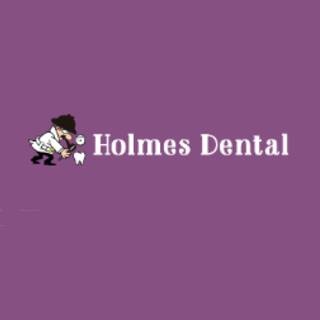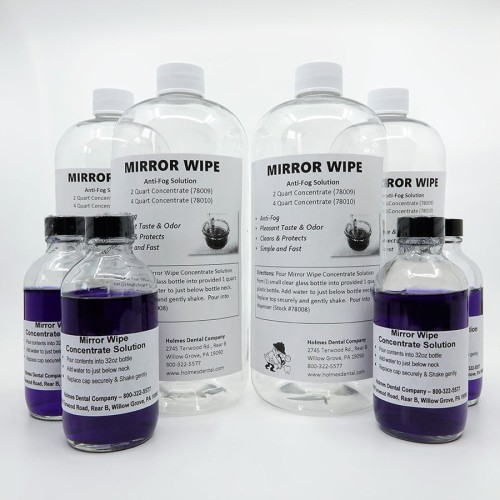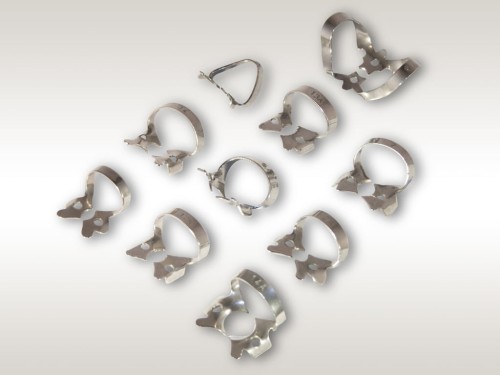
Most Popular
 Importance of Anti-Fog Solutions in Dental Care and Dentistry
Importance of Anti-Fog Solutions in Dental Care and Dentistry
Dentistry is a broad term, where minor tools, equipment range, ...
 Rubber Dam Clamp Placement and Its Uses
Rubber Dam Clamp Placement and Its Uses
Rubber dam clamp placement is a crucial technique in dentistry, ...
How Denture Gum Abrasion Affects Oral Health: Exploring the Impact
Denture gum abrasion, a common issue among denture wearers, can ...



What Are the Causes of Denture Gum Abrasion?

Irritation, soreness, and damage (occur on the gums due to the friction and pressure of dentures) are all about denture gum abrasion – a common condition among denture wearers, especially those who are new to wearing dentures or whose dentures don’t fit properly. According to dentists, there are different causes behind the denture gum abrasion. The crucial thing is to know about them.
Know About the Symptoms of Denture Gum Abrasion
The symptoms of denture gum abrasion can vary, but they often include:
Soreness and Tenderness- The gums may feel sore and tender to the touch, making it uncomfortable to wear dentures or eat certain foods.
Redness and Swelling - The affected areas of the gums may become red and swollen, indicating irritation and possible inflammation.
Ulcers and Sores - In severe cases, the continuous friction from the dentures can lead to the development of painful ulcers or open sores on the gums.
Difficulty Chewing - As a result of the pain and irritation, chewing can become difficult and uncomfortable, leading to changes in eating habits.
Poorly Fitting Dentures – the Primary Cause of Denture Gum Abrasion
One of the primary causes of denture gum abrasion is poorly fitting dentures. When dentures do not fit snugly against the gums, they can move around, causing excessive friction and pressure points. This movement can lead to irritation and eventually result in abrasions on the gums.
New Dentures with Hard Denture Materials
When a person first starts wearing dentures, their gums may not be accustomed to the pressure and friction caused by the dental appliance. This adjustment period can lead to gum irritation and abrasion as the mouth gets used to the new prosthetics. The materials used in dentures can also contribute to gum abrasion. Dentures made of hard materials can be less forgiving on the delicate gum tissues, leading to irritation and sores, especially if there is constant rubbing.
Not Following the Standards of healthy Oral Hygiene
Neglecting proper oral hygiene while wearing dentures can exacerbate gum irritation. Food particles and bacteria can get trapped between the dentures and gums, causing infections or increasing the likelihood of abrasion.
Varied other reasons may occur behind the denture gum abrasion. The crucial thing is to visit the dentists, if you notice the signs. Prevention and treatment play a crucial role in getting rid of denture gum abrasion.
- It is essential to ensure that dentures fit properly. Regular visits to the dentist for adjustments can help avoid pressure points and minimize movement.
- For new denture wearers, it is advisable to gradually increase the time spent wearing dentures each day.
- This way will allow the gums to adapt to the new prosthetics without overwhelming them, reducing the risk of abrasion.
- Denture cushions or pads can be used to provide a softer surface between the dentures and gums, reducing friction and preventing abrasions.
- Proper oral hygiene is crucial for denture wearers. Cleaning dentures regularly and ensuring that gums are free from food particles and bacteria can help prevent irritation and gum abrasion.
Denture adhesives can help secure dentures in place, reducing movement and minimizing the risk of gum abrasion. However, it’s important to use these adhesives correctly to avoid buildup.